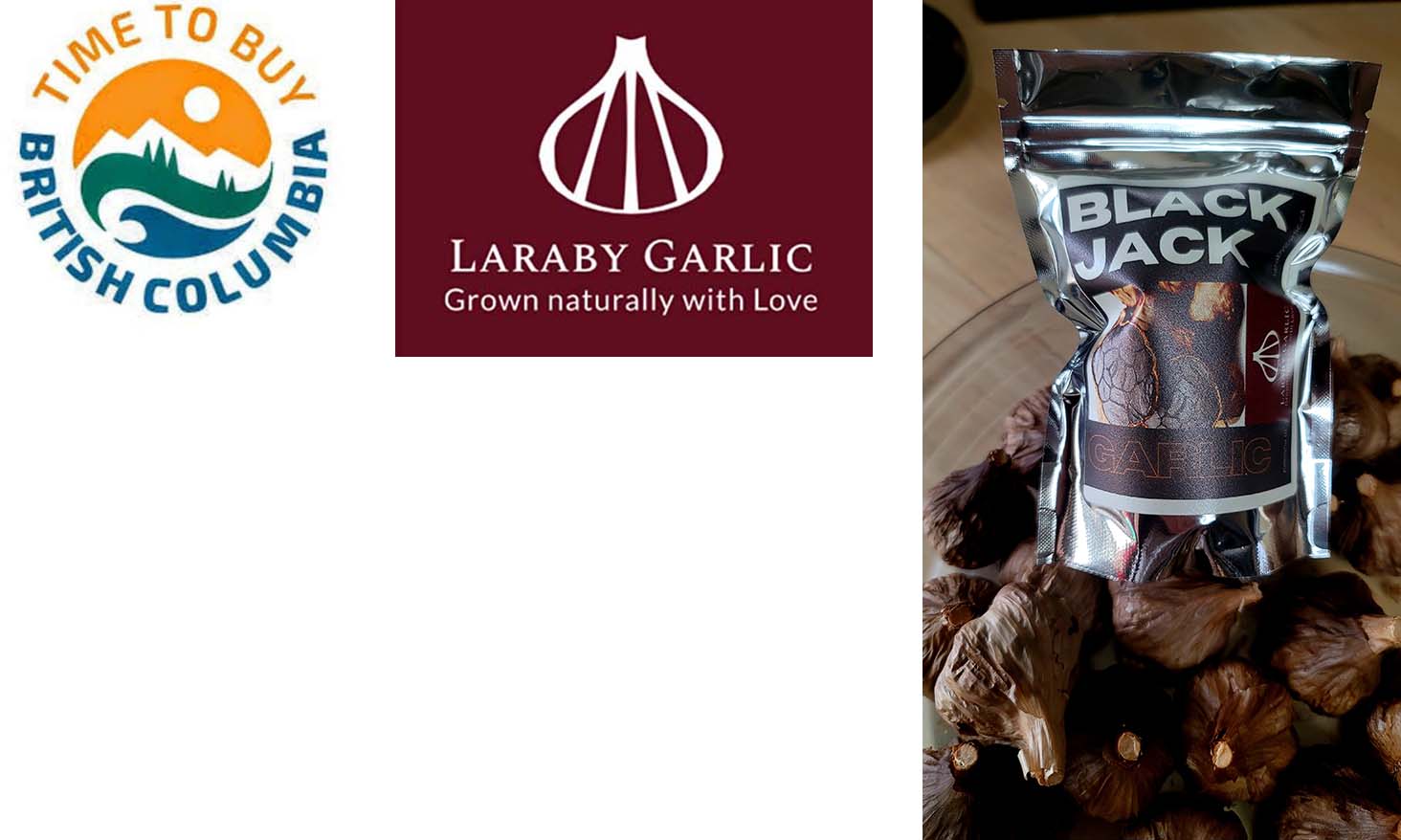Black garlic is raw garlic that people have processed under controlled high-temperature, high-humidity conditions for several weeks.
In addition to having black cloves, black garlic has a milder flavor and a more delicate, sticky consistency than raw garlic.
The Maillard reaction causes black garlic to contain substantially more antioxidants than raw garlic.
This is partly because allicin, the compound that gives garlic its pungent odor when crushed, is converted into antioxidant compounds like alkaloids and flavonoids as black garlic ferments.
Antioxidants are compounds that help protect your cells from oxidative damage, which may otherwise lead to various diseases. People mostly consume antioxidants via plant foods, including garlic.
One 2014 study found that the total antioxidant activity increased significantly in black garlic during aging. In the study, garlic reached its peak antioxidant content at 21 days of fermentation.
Uncontrolled high blood sugar in people with diabetes can increase the risk of complications, including kidney damage, infections, and heart disease.
In a 2019 study in rats fed a diet high in fat and sugar, treatment with an extract of black garlic resulted in metabolic improvements such as lowered cholesterol, decreased inflammation and appetite regulation.
It’s important to note that some of these results were from animal studies and that scientists need to do more studies of the effects of black garlic on diabetes and blood sugar levels in humans.
Studies have shown that black garlic may reduce indicators of heart disease, including levels in the blood of total cholesterol, LDL (bad) cholesterol, and triglycerides. It may also increase HDL (good) cholesterol.
One animal study compared the effects of raw and black garlic in rats recovering from heart damage due to ischemia — lack of blood flow to the heart.
Researchers found that both raw and black garlic helped open up circulation to protect the heart from damage.
Another animal study found that black garlic extract helped reduce total blood fats, triglycerides, and total cholesterol in rats fed a diet high in fat. Elevated levels of these usually indicate an increased risk of heart disease.
One study gave participants with coronary heart disease 20 grams of black garlic extract daily for 6 months. Those who consumed it experienced increased antioxidant levels and improved indicators of heart health compared with those who took a placebo.
Black garlic may help prevent inflammation that can impair memory and worsen brain function over time.
Scientists suggest that the accumulation of a protein compound called beta amyloid causes inflammation in the brain that increases the risk of Alzheimer’s disease.
One rat study found that black garlic could reduce brain inflammation caused by beta amyloid and even improve short term memory.
In another study, researchers induced oxidative stress in the brains of rats. Giving the rats black garlic extract prevented this oxidative stress from causing memory impairment.
Several studies indicate a positive effect of black garlic in fighting cancer cells.
In a test tube study in the blood of 21 volunteers, black garlic extract showed stronger immune-stimulating, antioxidant, and anticancer activities than raw garlic extract.
In fact, the researchers found that the black garlic extract solution was toxic to lung, breast, stomach, and liver cancer cells within 72 hours.
Other test tube studies have found that black garlic caused cancer cells to start dying off in human colon and stomach cancers, as well as leukemia. It also reduced the growth of these cancer cells.
In one review of 25 studies, researchers found that aged garlic showed probable beneficial effects against cancer in most of the human, animal, and test tube studies the review examined.
Black garlic may help protect the liver from damage that can come from its constant exposure to chemicals, medications, alcohol, and germs.
Rat studies have found that black garlic exerts protective effects in the event of a liver injury, preventing further liver damage.
Black garlic may also be helpful in more chronic conditions. For instance, one animal study found that black garlic improved liver function in the case of chronic alcohol-induced liver damage, likely through its antioxidant activity.
Another study in rats with liver damage found that aged black garlic decreased ALT and AST, two chemicals in the blood that indicate liver damage.


